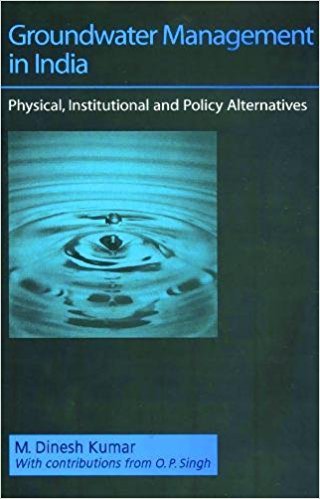Technological changes in agriculture and intensive use of groundwater led to a spurt in water exchange for irrigation in many locations in India. Dense groundwater exchange markets developed in the early 1980s in regions, which were suitable for sinking deep tubewells leading to debates over its nature and way of functioning. A group of academicians advocated having dense and competitive groundwater markets on grounds of efficiency and accessibility to the resource without unpacking nuances of unequal social relationships, ecological and historical functions that shaped and determine groundwater access and use. North Gujarat became a historic case for groundwater based agrarian economy and triggered intense debate over management, distribution and use of groundwater in India. In the process of understanding the social and environmental change, the region also attracted much scholarly work on groundwater management that includes technological, economic and social studies on changing ecological situation and its impact on the society at large.The book Groundwater Management in India is one such contribution to the problem of groundwater management that evolved from research locations in north Gujarat.
The book revolves around the question—what kind of physical, economic and policy instruments would be effective in arresting groundwater depletion problems and what institutional arrangements would be required for their effective implementation? Through nine research papers, the book tries to answer these ever-debated questions related to management of groundwater in India.

